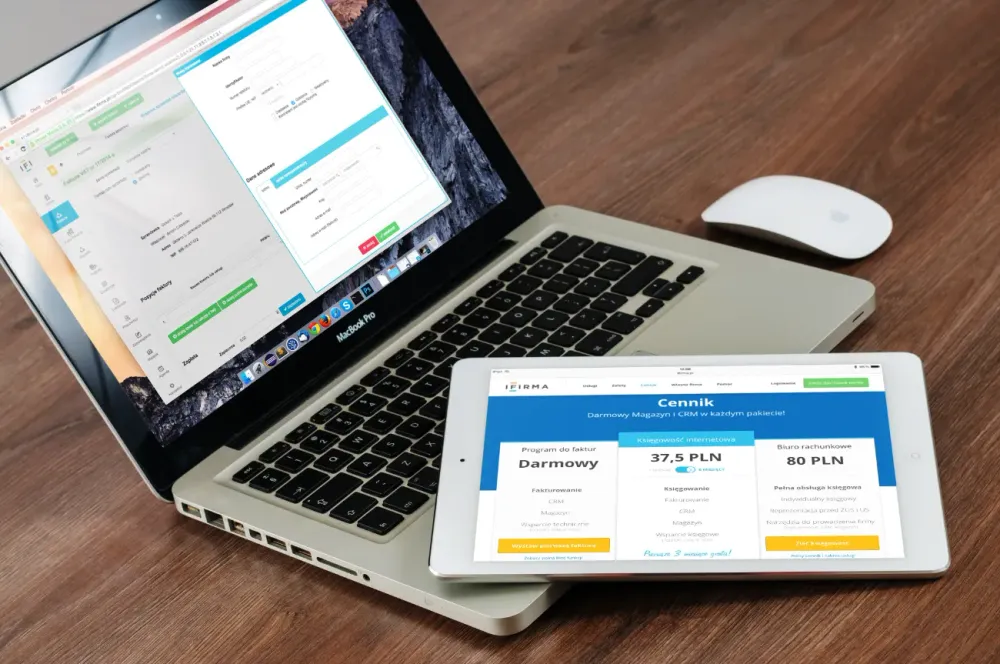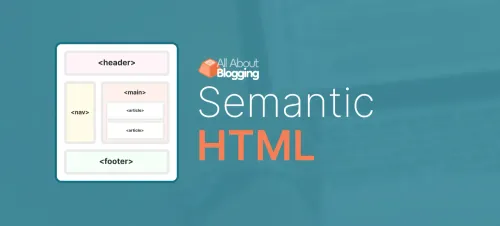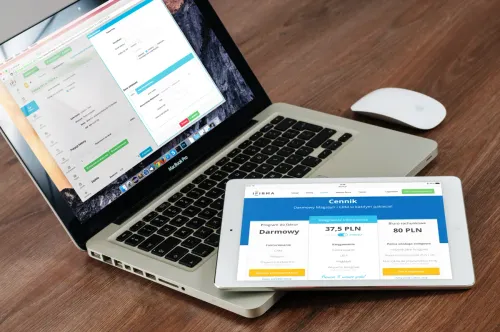In the digital age, where the written word is king, blogging has emerged as a powerful medium for sharing ideas, stories, and expertise with a global audience. However, with a plethora of platforms available, the question arises: what's the best platform for blogging? In this comprehensive guide, we'll explore the popular platforms for bloggers, delve into the impact of platform choice, discuss tools that can enhance your blog, and shed light on the costs associated with building your online presence.
Exploring Popular Blogging Platforms
The blogging landscape offers a diverse array of platforms, each with its unique features and advantages. Here are a few of the most popular options:
WordPress.org: Renowned for its flexibility and customization options, WordPress.org is a self-hosted platform that allows bloggers to have complete control over their website. It offers a wide range of themes, plugins, and the ability to monetize your blog.
WordPress.com: Similar in name but different in nature, WordPress.com is a hosted platform that offers a user-friendly experience with built-in hosting. While it's less customizable than its self-hosted counterpart, it's a great option for beginners.
Blogger: Owned by Google, Blogger is a straightforward and free platform that's perfect for beginners. It offers easy integration with other Google services and requires minimal technical knowledge.
Medium: Known for its clean and simple interface, Medium is a platform that focuses on content rather than design. It's a great choice for writers looking to reach a wider audience without the hassle of managing a full website.
Wix: With its drag-and-drop website builder, Wix offers an intuitive platform for bloggers who want a visually appealing site without delving into complex coding.
The Impact of Platform Choice
The platform you choose for your blog can significantly influence various aspects of your online journey:
Customisation: Self-hosted platforms like WordPress.org offer extensive customization options, allowing you to create a unique and branded blog design. Hosted platforms like WordPress.com and Blogger provide pre-designed templates with limited customization.
Control: Self-hosted platforms provide full ownership and control of your content and website, while hosted platforms may have limitations on design, monetization, and data control.
Scalability: If your blog grows over time, you might need additional features, resources, or customization. Some platforms may better accommodate growth than others.
Monetisation: Self-hosted platforms generally offer more flexibility for monetizing your blog through methods like ads, affiliate marketing, and selling digital products.
User Experience: The ease of use and learning curve varies among platforms. Choose one that aligns with your technical skills and goals.
Tools to Elevate Your Blogging Experience
Regardless of the platform you choose, certain tools can enhance your blogging journey:
Grammarly: A powerful grammar and spell checker that helps you craft polished and error-free content.
Canva: A versatile design tool to create captivating graphics, infographics, and featured images for your blog posts.
Yoast SEO (for WordPress): A plugin that assists with optimizing your blog posts for search engines, enhancing your content's discoverability.
Google Analytics: Track your blog's performance, audience demographics, and engagement to make informed decisions.
Costs of Blogging: Breaking It Down
The costs associated with blogging can vary based on your platform and needs:
Domain Name: An annual fee to secure a custom domain name (around $10 to $20).
Hosting: Self-hosted platforms like WordPress.org require hosting, which can range from $3 to $30 per month, depending on your hosting provider and plan.
Themes and Plugins: Some premium themes and plugins may incur additional costs (ranging from $20 to $100+).
Additional Tools: Tools for design, SEO, email marketing, and social media scheduling may add to your expenses.
Now it's time to weigh up the options, whether it's ease-of-use, or cost oriented. Each platform has its strengths and limitations, so it's essential to align your choice with your vision for your blog's growth and development, as well as your own skills.
Remember that while the platform provides the foundation, your content, engagement, and dedication are the true pillars of a successful blog. Whether you opt for the flexibility of WordPress.org or the simplicity of Medium, the key to a thriving blog lies in your passion, consistency, and connection with your audience.





